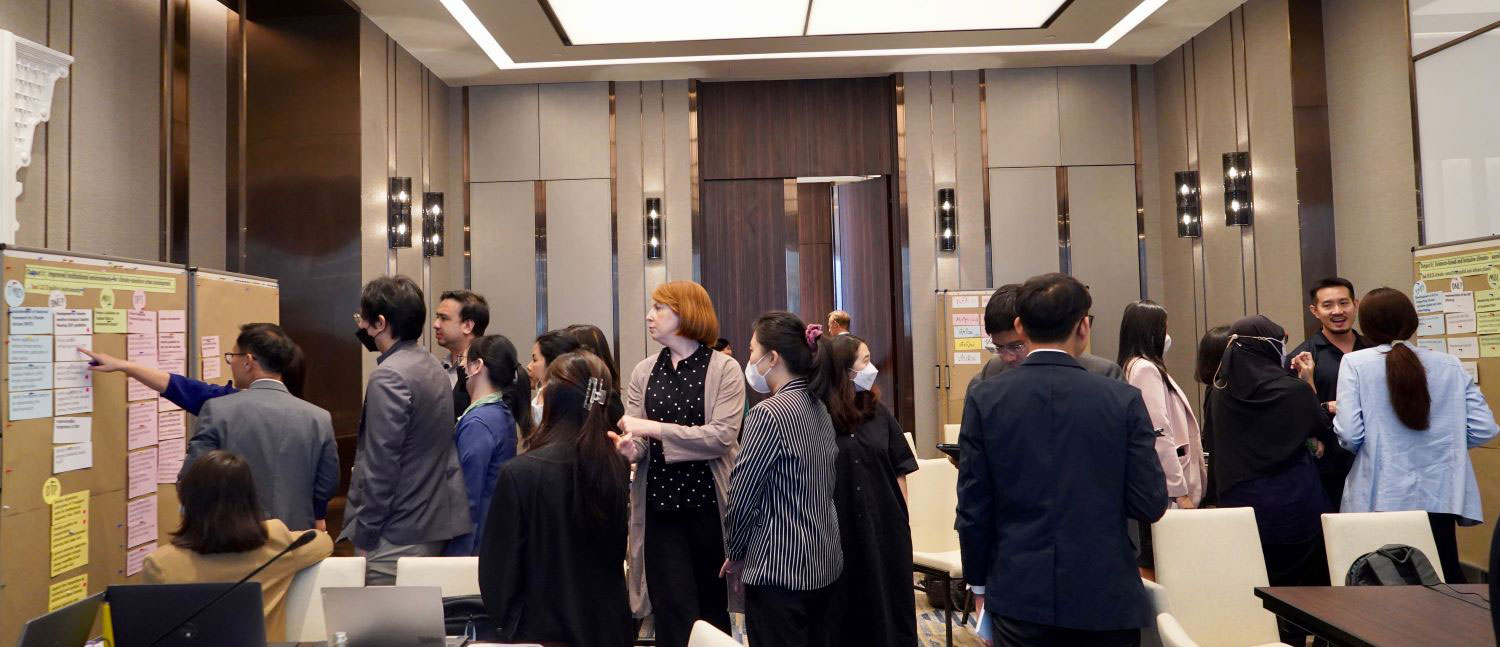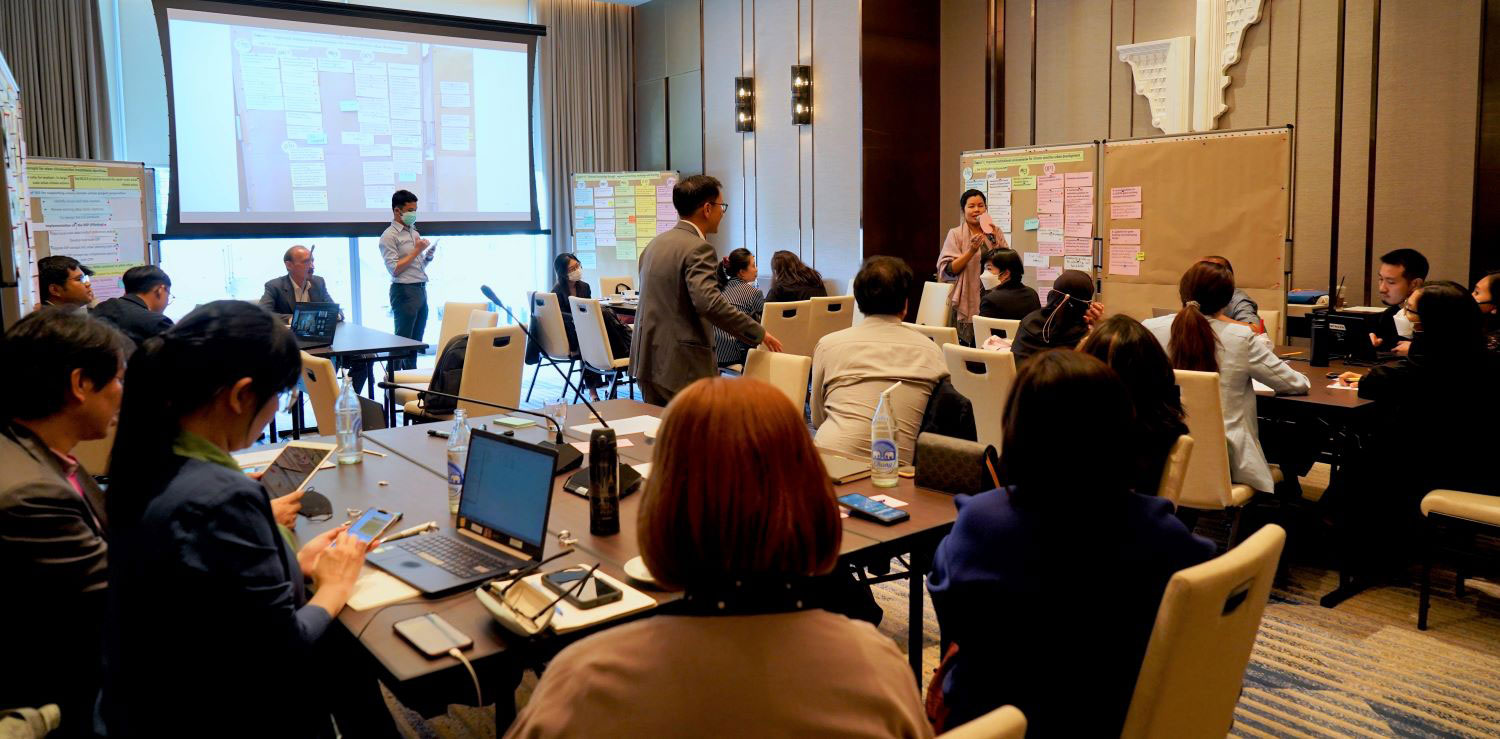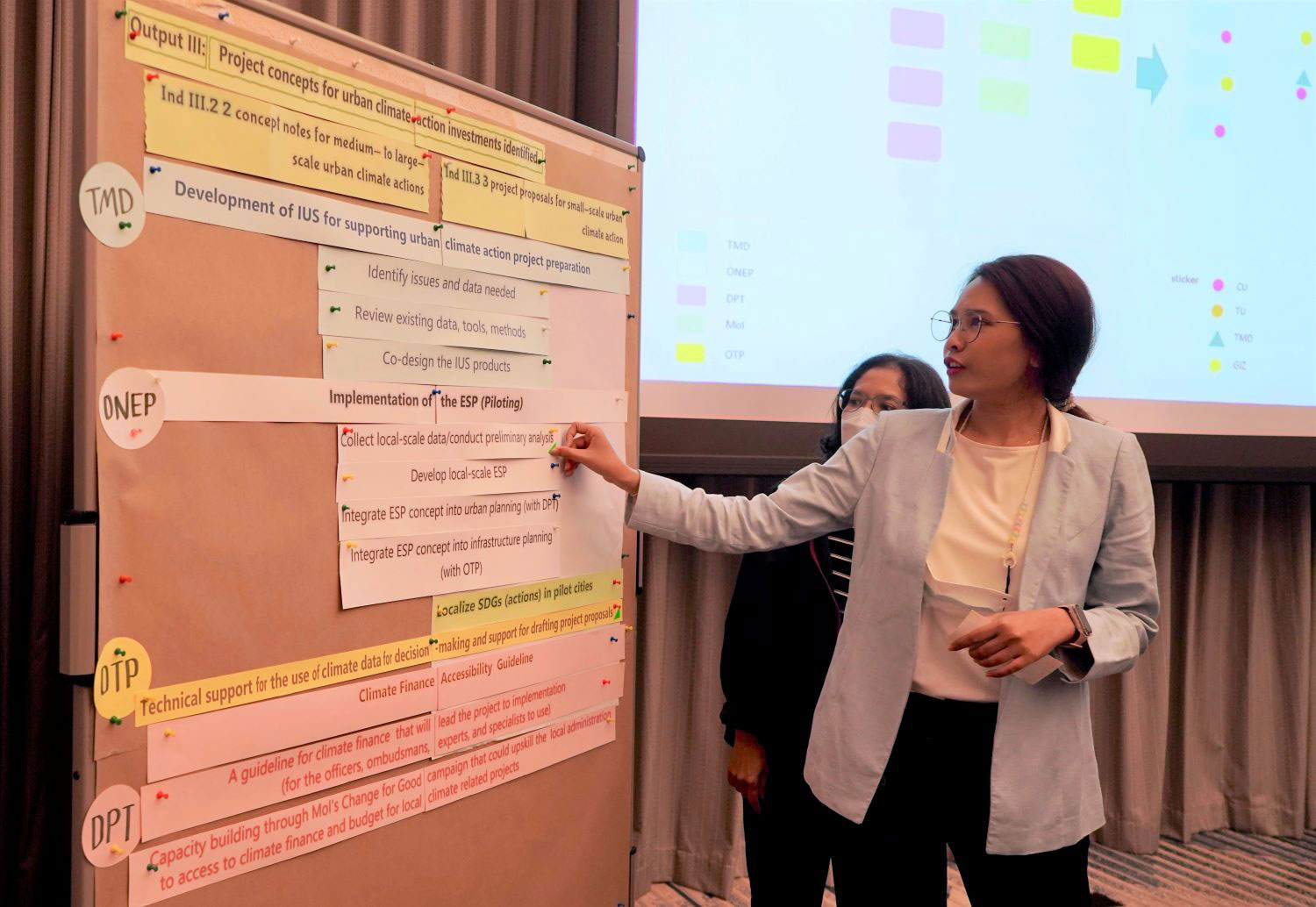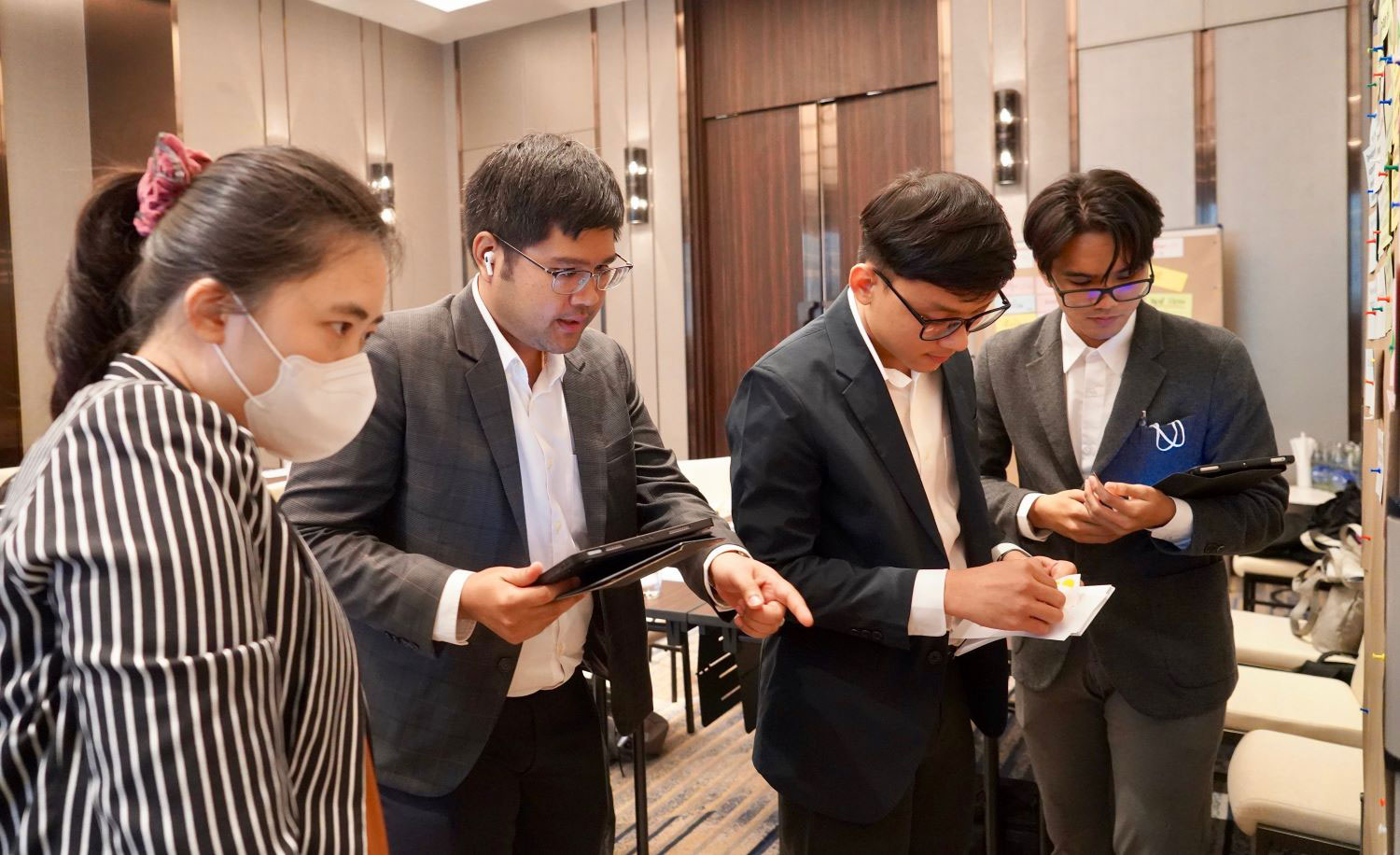Pilot City Selection Marks Progress in Thailand's Urban-Act Project
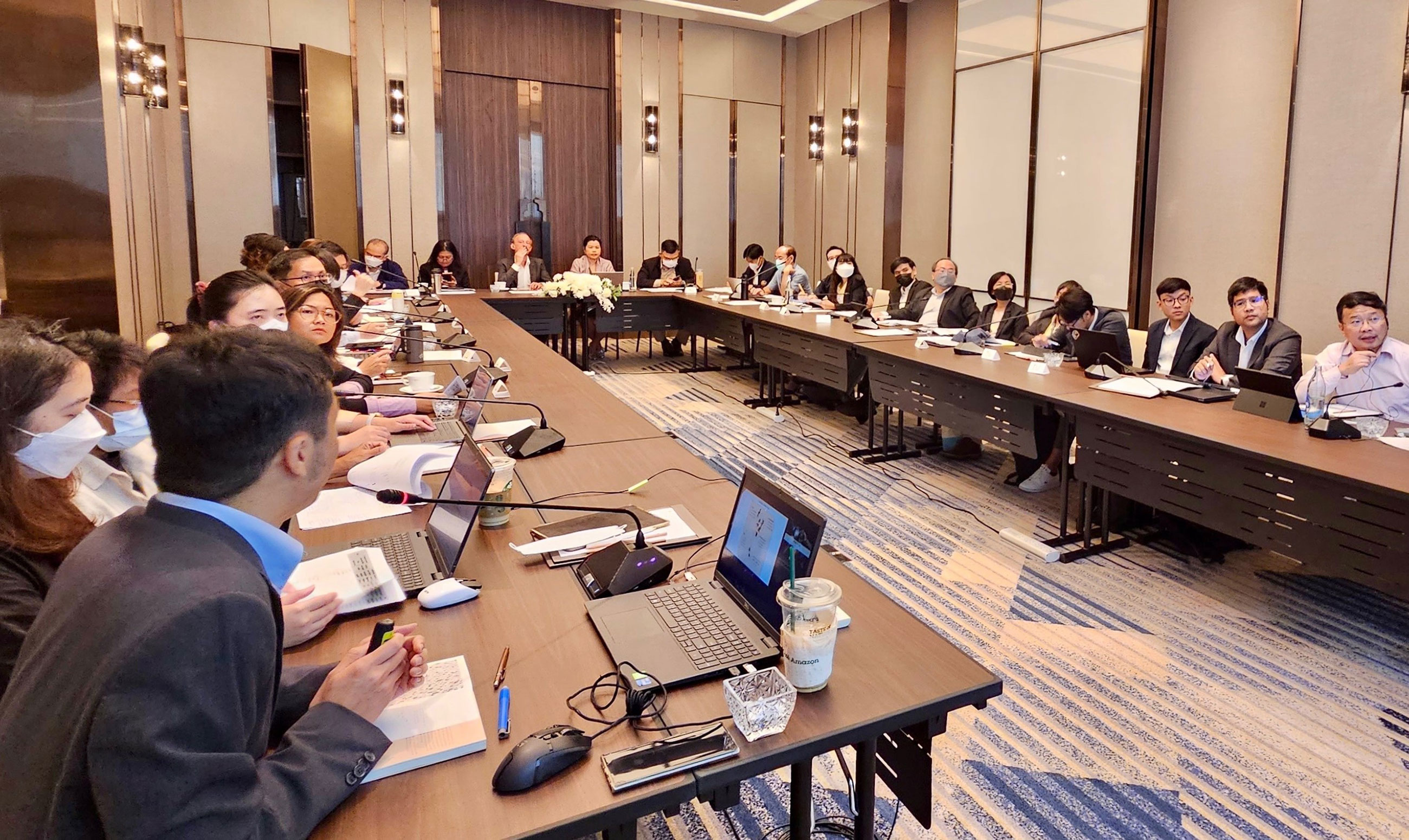
- The Urban-Act project, being implemented in collaboration with the Interior Ministry (MOI), hosted the pilot city selection process culminating in a comprehensive meeting and workshop.
- The criteria for selecting pilot cities are grounded in the guidelines put forth by UCLG ASPAC, an organisation renowned for its extensive experience in collaborative work with cities and local entities.
- In a significant step forward for Thailand’s Urban-Act Project, three provinces; Chiang Mai, Khon Kaen and Phuket, have been identified as pilot cities for the initiative. The next pivotal phase involves proactive engagement with city leaders and provincial administrators to ensure political commitment, specifically pertaining to the scope and operational aspects within these areas.
On 10 July 2023, GIZ’s Integrated Urban Climate Action for Low-Carbon & Resilient Cities Project (Urban-Act) in collaboration with the Interior Ministry (MOI), represented by the Office of the Permanent Secretary for Interior (OPSI) hosted the pilot city selection process culminating in a comprehensive meeting and workshop. This event, held at the Eastin Grand in Bangkok, welcomed various relevant agencies, including the Department of Public Works and Town & Country Planning (DPT), the Office of Transport and Traffic Policy and Planning (OTP), the Office of Natural Resources and Environmental Policy and Planning (ONEP), the Thai Meteorological Department (TMD), as well as Chulalongkorn and Thammasat universities. A collective representation of 31 professionals from diverse agencies participated in the event.
The chosen provinces will serve as the case study areas for the Urban-Act project’s comprehensive urban action strategy. As the project is tailored to the contextual needs of partner countries and aims to enhance existing policy and regulatory frameworks to ensure lasting sustainability, close collaboration with political and implementing partners is an essential component of this undertaking and signifies a truly integrated approach. Moreover, the project has been designed to facilitate the transformation towards low-carbon and resilient cities. The initiative is primed to contribute significantly to Thailand’s Nationally Determined Contributions (NDCs) and Sustainable Development Goals (SDGs). To ensure the effective execution of this endeavour, it is crucial to foster coherence between national plans and localised action.
Six stringent criteria underpin the selection of these pilot cities, encompassing 1) economic and social development context, 2) mitigation potential, 3) adaptation potential, 4) urban geography and ecosystem, 5) alignment with local government development pipelines, 6) additional factors such as the willingness of city executives and officials to participate, along with readiness in terms of data, resources, and capacity at the local level.
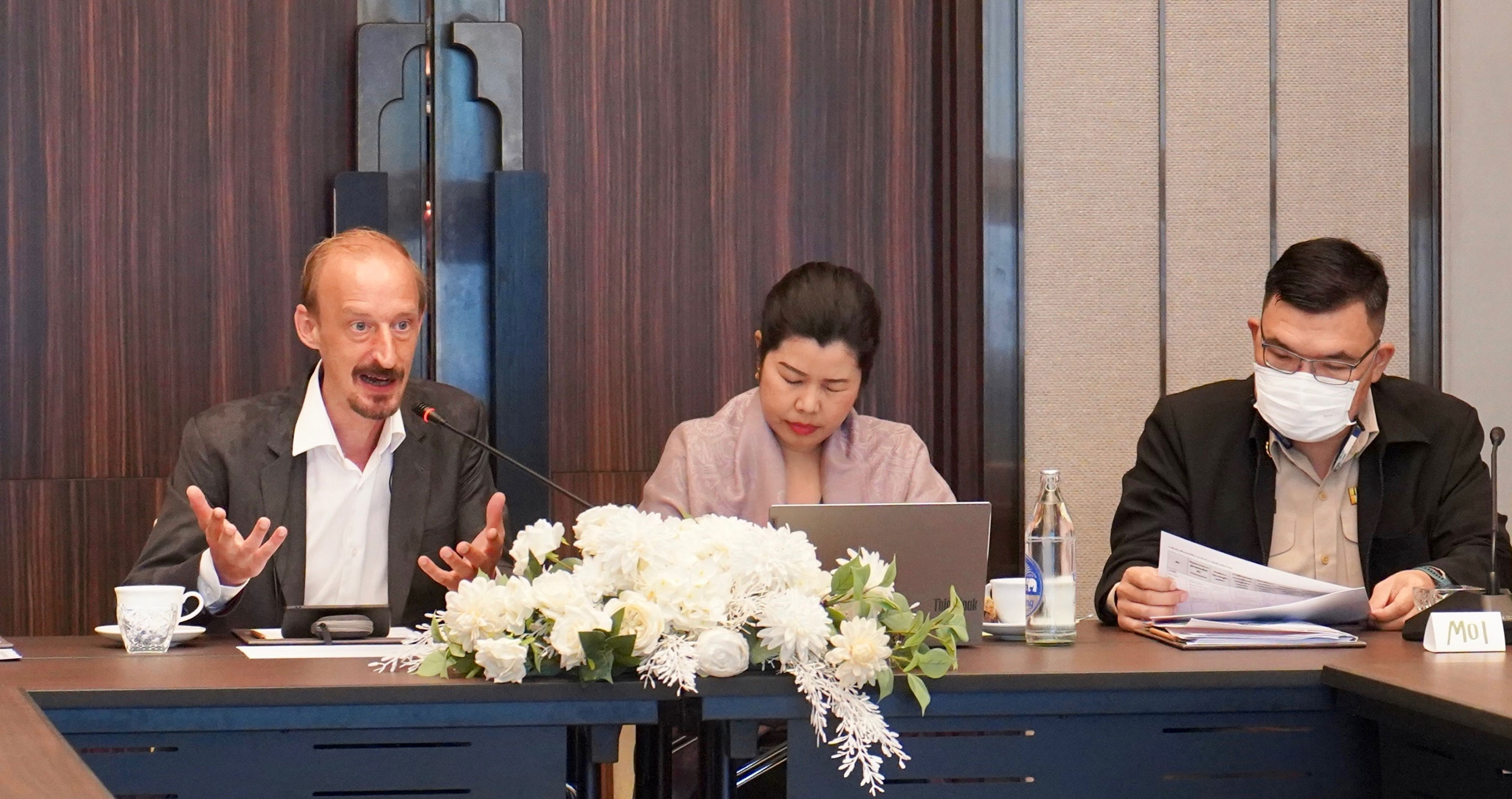
A meticulously orchestrated process led to the selection of these pilot cities – Chiang Mai, Khon Kaen and Phuket. Drawing from a pool of 13 cities situated across four regions, a collaborative meeting was convened with various allied agencies. Working in tandem with consultants, who meticulously reviewed secondary data, the shortlist was curated according to the stringent criteria defined by United Cities and Local Governments Asia-Pacific (UCLG ASPAC). As the backdrop to this selection process, Urban-Act orchestrated an inclusive workshop involving implementing partners. The session aimed to deliberate on strategies to drive project implementation within the selected pilot areas.
With the pilot city selection accomplished, the subsequent phase entails engaging in consultations with city leaders and provincial administrators. This reflective process will foster political commitment and pave the way for the project’s success before the official announcement is made.
Urban-Act is a regional endeavour being implemented in five partner countries: India, Philippines, Thailand, China, and Indonesia, encompassing the period 2022 to 2026. The initiative is supported by the International Climate Initiative (IKI) of the German Ministry of Economic Affairs and Climate Action (BMWK). This ambitious project aims to support the transformation towards low-carbon and resilient urban development as well as contribute to the implementation of national climate change targets and the Sustainable Development Goals. This mission takes shape through a meticulously crafted approach, including technical assistance, knowledge transfer and capacity development, integration at the local level, targeted measures, leveraging finance, and international partnerships, regional advocacy, and knowledge sharing. This multifaceted approach underscores the commitment to bring about impactful change across partner countries.
GALLERY
Heinrich Gudenus
Project director of Urban-Act
Email:heinrich.gudenus(at)giz.de
